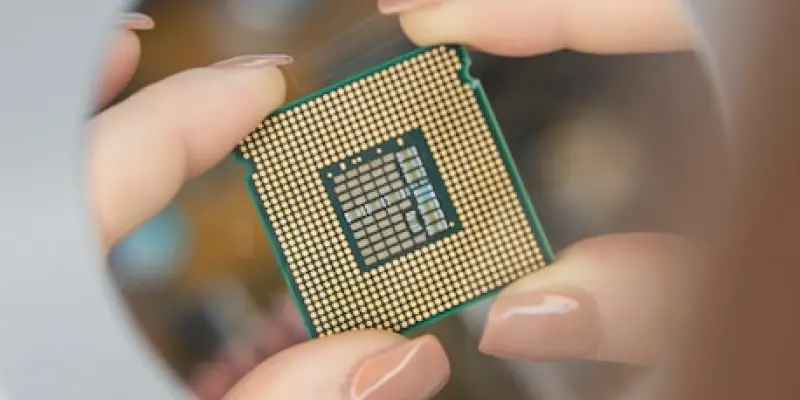In recent years, the artificial intelligence industry has increasingly focused on the competition between leading technology firms, with NVIDIA historically holding a dominant position in the AI chip market. Amidst this landscape, Huawei’s introduction of the Ascend 910D chip has sparked significant interest as the company seeks to challenge NVIDIA’s supremacy, particularly in the Chinese AI sector. The Ascend 910D promises unprecedented performance, reportedly surpassing NVIDIA’s Hopper #00 AI accelerators, which have been the go-to choice for cutting-edge applications within the region. By late May, Huawei plans to distribute its new chip to local partners, signaling an aggressive strategy to secure its standing in the domestic market. This move follows earlier setbacks with the Ascend 910C, which struggled to meet industry expectations and lagged behind in technological advancement against its rivals.
Technological Advancements and Challenges
Huawei’s dedication to advancing AI technology has been evident in its recent developments despite challenges. The company has been meticulously addressing the shortcomings of its previous chip versions, focusing on the Ascend 910D’s ability to deliver superior performance. The ambition to introduce advanced AI clusters, such as the CloudMatrix 384, further demonstrates Huawei’s commitment to innovation, aiming to compete directly with NVIDIA’s top-tier servers. However, Huawei’s journey has not been without obstacles. Rapidly evolving market conditions, coupled with limitations in securing essential components due to export restrictions and supply chain constraints, have posed significant hurdles. The reliance on outdated technologies like HBM2 memory has been a notable disadvantage, yet Huawei continues to push forward. This persistence highlights the company’s resolve to establish itself as a formidable player in the AI domain, striving to build on its technological advancements and enhance its competitive edge.
The Future of AI Market Dynamics
The unfolding narrative around Huawei’s efforts to enhance its AI chip capabilities underscores the broader dynamics within the rapidly evolving AI market. As the industry expands, competition intensifies, driving technology companies to innovate at a breakneck pace. Huawei’s determination to navigate supply chain challenges exemplifies a broader trend where tech firms seek to overcome geopolitical and logistical barriers to maintain progressive momentum. Moreover, despite the setbacks, Huawei’s perseverance in refining its AI infrastructure indicates a shifting balance in technological power between East and West. This ongoing competition is not only a testament to Huawei’s ambitions but also a reflection of the dynamic interplay of technological progress and market strategies. Ultimately, as Huawei works to solidify its position, the global AI landscape is set to witness continual advancements, reshaping industry standards and compelling all players to reconsider their approach to innovation and dominance.

